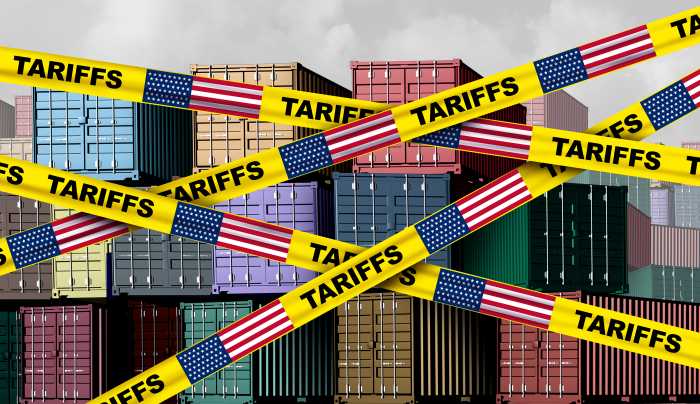To The Editor:
In the midst of the most desperate humanitarian crisis in our hemisphere, Haiti’s authorities chose to hold an election characterized by fraud and marked by the disenfranchisement of Haitian voters instead of focusing on fighting cholera and addressing the horrific conditions of one and half million homeless earthquake survivors.
Despite overarching concerns about the exclusion of political parties from the ballot, the timing of these elections and the process to guarantee that internally displaced earthquake survivors would be able to vote, members of TransAfrica Forum, the Institute for Justice and Democracy in Haiti, the Center for Economic and Policy Research, International Action Ties, the Louisiana Justice Institute and other international and Haitian partners acted as independent monitors of the elections.
As we feared, the elections were a costly distraction from more pressing life and death issues, and instead of helping the country move forward have plunged the country into a political crisis on top a humanitarian crisis.
Under intense pressure from the international community, Haiti’s provisional electoral council pushed forward with elections at the wrong time. In the months preceding the parliamentary and presidential elections of Nov. 28, community based organizations and national grassroots movements called on authorities to respond to their priorities. The national peasant movement Tet Kole Ti Peyizan, never intended to participate in elections they felt were being held on the bones and bodies of victims of both the earthquake and cholera.
Citing the fact that the political parties had not presented any kind of social platform or program for the country, others called it “an election without substance” and “a selection, not an election.”
From the beginning, these elections have been marred by undemocratic measures taken by the Provisional Electoral Council (CEP), the electoral body whose members were handpicked by President René Preval. Despite protests at a national and international level, the CEP barred fifteen parties, including the popular Fanmi Lavalas party, from participating in the elections.
The timing of these elections was also extremely problematic. Alexander Main from the Center for Economic and Policy Research explained: “It wasn’t the population that chose the moment or that demanded that elections be held now. In fact, in the tent communities we visited prior to the elections many individuals expressed outrage at the fact that elections were being held in the midst of an extreme crisis that is far from resolved.”
The Haitian people are facing obstacles simply to survive, especially now when they lack even the most basic things they need to protect their families from cholera, such as clean water for washing and drinking. An agronomist organizing with various peasant movements in the epicenter of the cholera outbreak, Cantave Jean-Baptiste, was very direct about the impact of a political distraction from the humanitarian crisis: “More people will die because of this election.”
The electoral season failed to illuminate a candidate or political party with a comprehensive platform that addresses the needs and priorities of the rural poor and the internally displaced.
Despite significant attempts by many to participate, inaccurate voter lists and election day fraud left people waiting in long lines with growing frustration and anger. However despite the lack of participation from those most in need of truly democratic leadership, some governments and international bodies have already expressed their intention to rubber stamp the results of elections, no matter how low the voter turn out or how loud the voices of discontent.
As our grassroots partners at Bri Kouri Nouvèl Gaye explained: “The Haitian poor, suffering inhumane living conditions since the earthquake and most vulnerable to cholera, have long been invisible to those who have the power, influence and means to determine the country’s future and unfortunately this election has done nothing to change that.”
TransAfrica Forum, the Institute for Justice and Democracy in Haiti, the Center for Economic and Policy Research, International Action Ties, the Louisiana Justice Institute
Please visit our websites to read our Preliminary Observations on the Nov. 28 elections and to learn more about our work in Haiti: www.transafricaforum.org, www.cepr.net

























